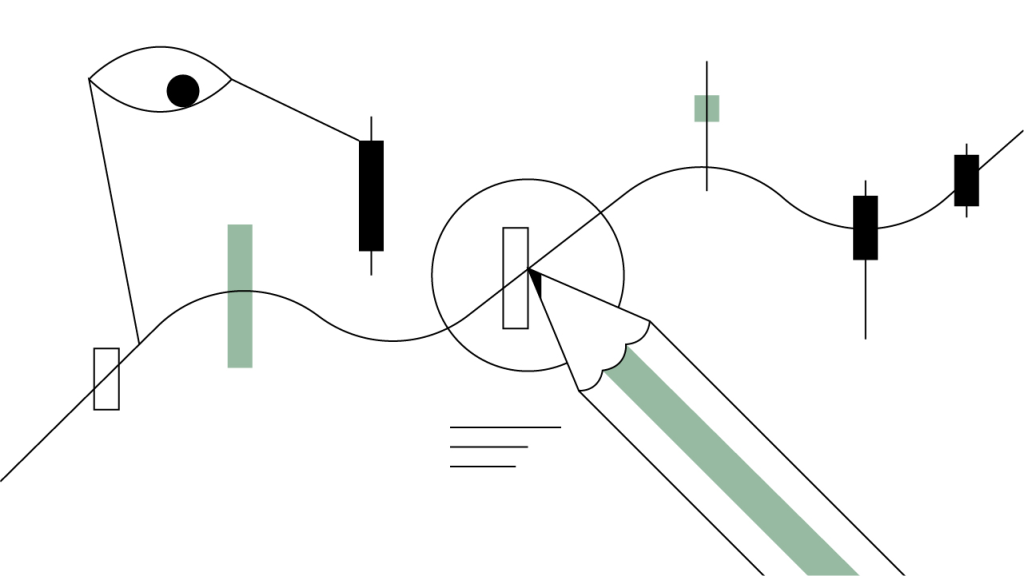Understanding Market Sentiment: What Is It, and How Does It Affect Prices?
Explore the role of market sentiment in shaping cryptocurrency price dynamics and its limitations in guiding investment decisions.

Summary
Market sentiment refers to the average mood of investors regarding a specific market or asset. It can take the form of optimism, greed, fear, and other typical sentiment categorizations. Particularly in the crypto world, market sentiment is an important aspect of market analysis, and it is influenced by factors including news stories published by media outlets, social media speculation and quantitative metrics. Positive market sentiment is often associated with upward price trends, while negative sentiment may coincide with downward price trends. Market sentiment should not be solely relied upon as a means of understanding the crypto market or crypto prices.
What is Market Sentiment?
Market sentiment is an aggregated mood or attitude of investors shown towards a particular asset or market, which can have notable effects on market activity. It is intended to capture the general feeling of investors, whether that be optimism, pessimism, greed, fear, or any other general categorization of sentiment.
Particularly in the crypto space, market sentiment is an important aspect of market analysis, and it is influenced by factors including news stories published by media outlets, social media speculation and quantitative metrics. Some believe that due to crypto’s increased volatility compared to traditional markets, sentiment can play a larger role in market analysis. However, market sentiment should not be solely relied upon as a means of understanding the crypto market or crypto prices.
Tools such as ‘Fear & Greed’ indexes, metrics related to trading volumes, or investor surveys can be used in order to gain insights into market sentiment at a given time. This information can be useful not only for understanding how a given market has already reacted, but also may provide context when anticipating future market movements.
Unlock the future of money on Gemini
Start your crypto journey in minutes on the trusted crypto-native finance platform
How Does Market Sentiment Affect Prices?
There are many ways in which market sentiment can affect cryptocurrency prices. Positive sentiment can cause a surge in buying activity, which tends to cause the price of an asset to increase. Price increases can in turn result in psychological factors such as FOMO (fear of missing out) affecting investor mindsets, which can lead to feedback loops causing prices to increase even further. Conversely, the same feedback loop can occur when market sentiment is negative, causing an increase in selling activity.
In crypto trading, market sentiment tends to have a more pronounced impact on price movements than in traditional markets due to its speculative nature. Some traders even incorporate sentiment metrics, retrieved from social media platforms such as X or Reddit, into their strategies in order to anticipate patterns in an asset’s performance. While taking market sentiment into account can be beneficial in creating an informed trading strategy, it can be highly unreliable, and should be interpreted in balance with other metrics such as liquidity levels or trading volume.
What Are the Limitations of Relying on Market Sentiment?
While market sentiment can have a notable impact on price movements, there are also limitations of using it as a means of predicting price movement. Sentiment can have a tendency to cause overly reactive responses to news, resulting in much larger price changes than might be caused by the news alone. Additionally, some market sentiment indicators such as social media are often unverified. Rumors can affect investor mindsets, meaning that periods of buying or selling activity might have no justifiable reason for occurring.
Market sentiment can often mirror investor emotions in response to significant price movements, rather than anticipating them. As a result, noticeable shifts in sentiment usually occur after key information is already reflected in prices, limiting its usefulness as a predictive tool. More technical indicators might be a more effective means of predicting future price trends.
This content is for informational purposes only and does not constitute financial, investment, or other professional advice. You should consult your own advisors before making any investment decisions. Cryptocurrency is a volatile asset class and involves significant risk, including the potential loss of capital.

Author
Is this article helpful?
